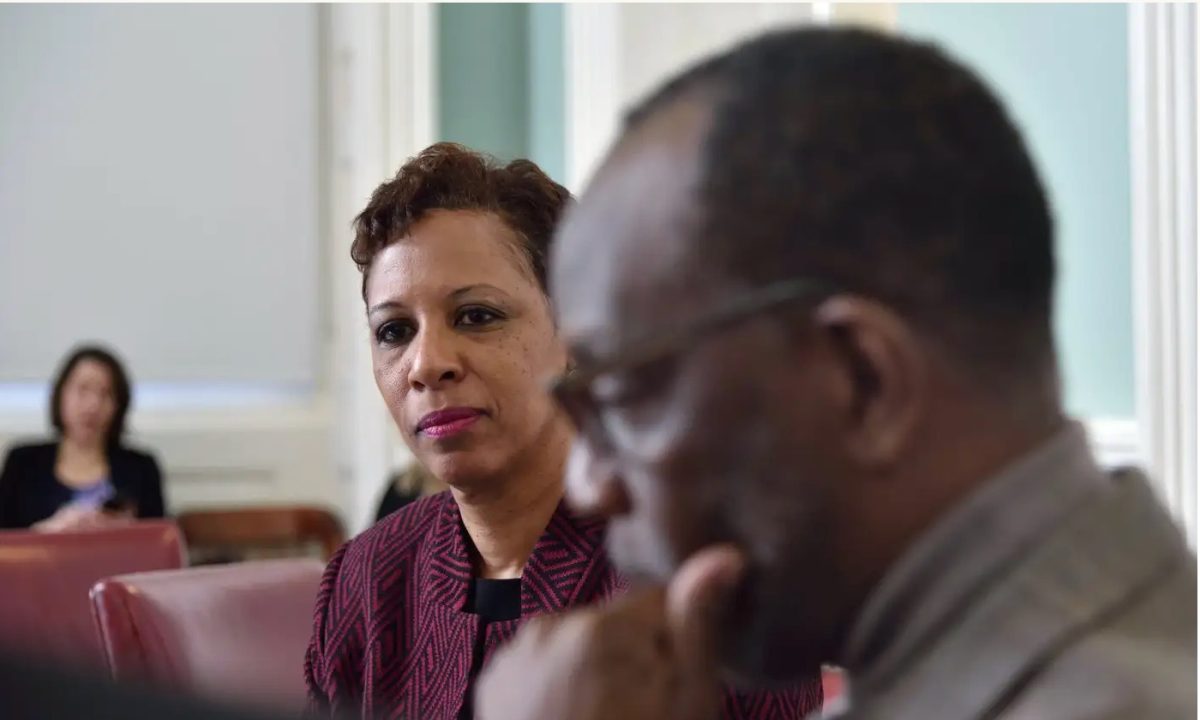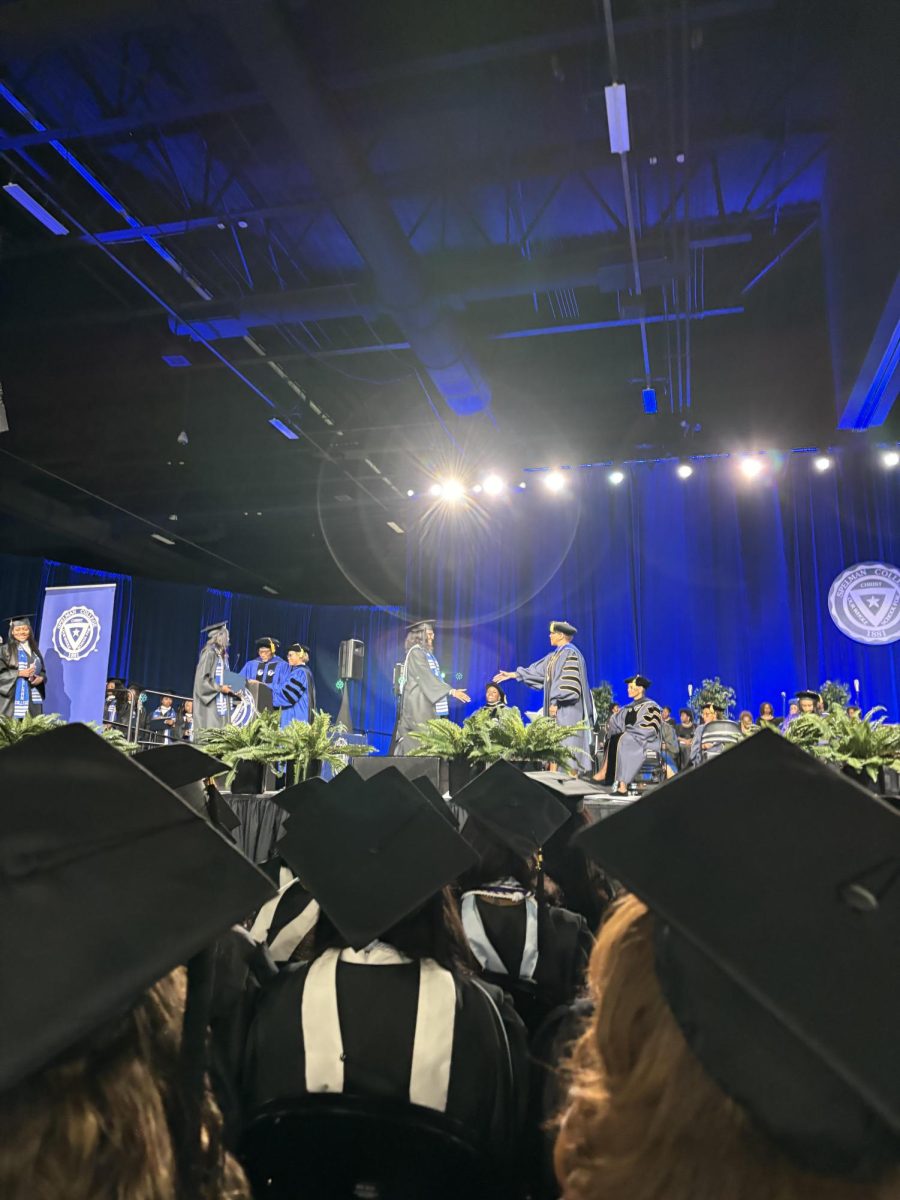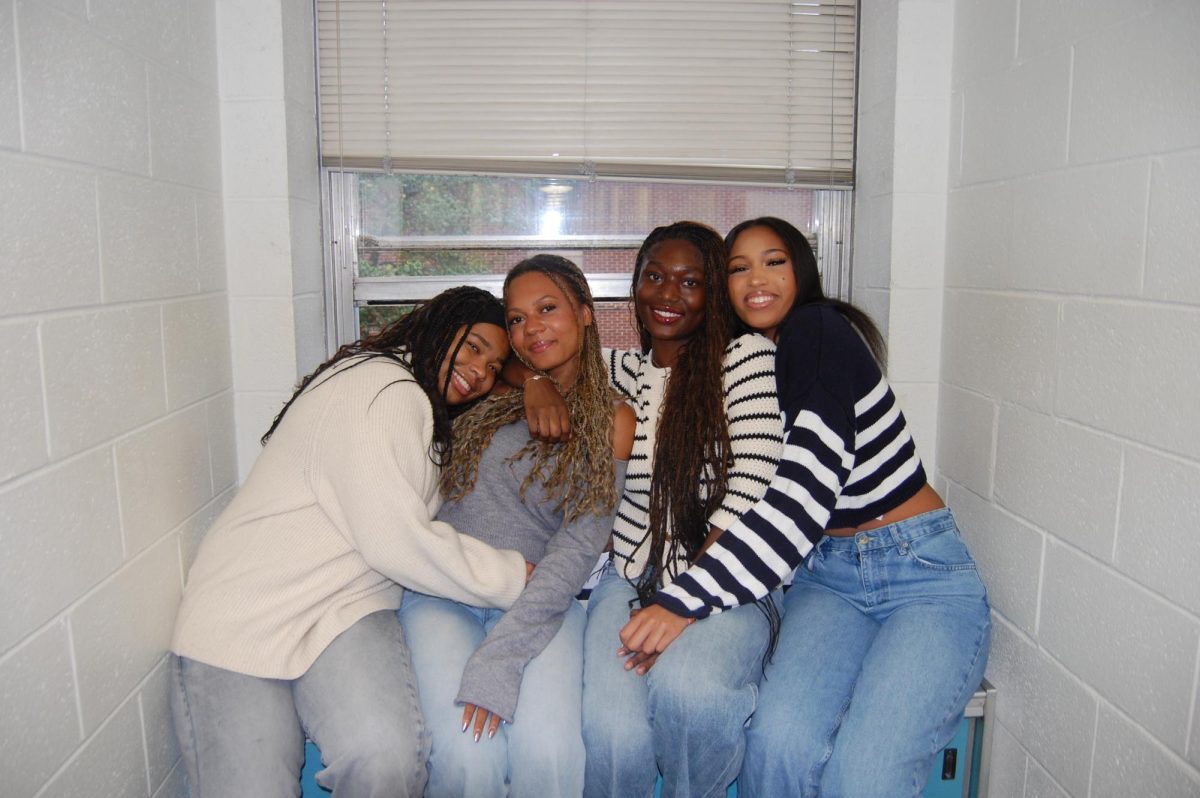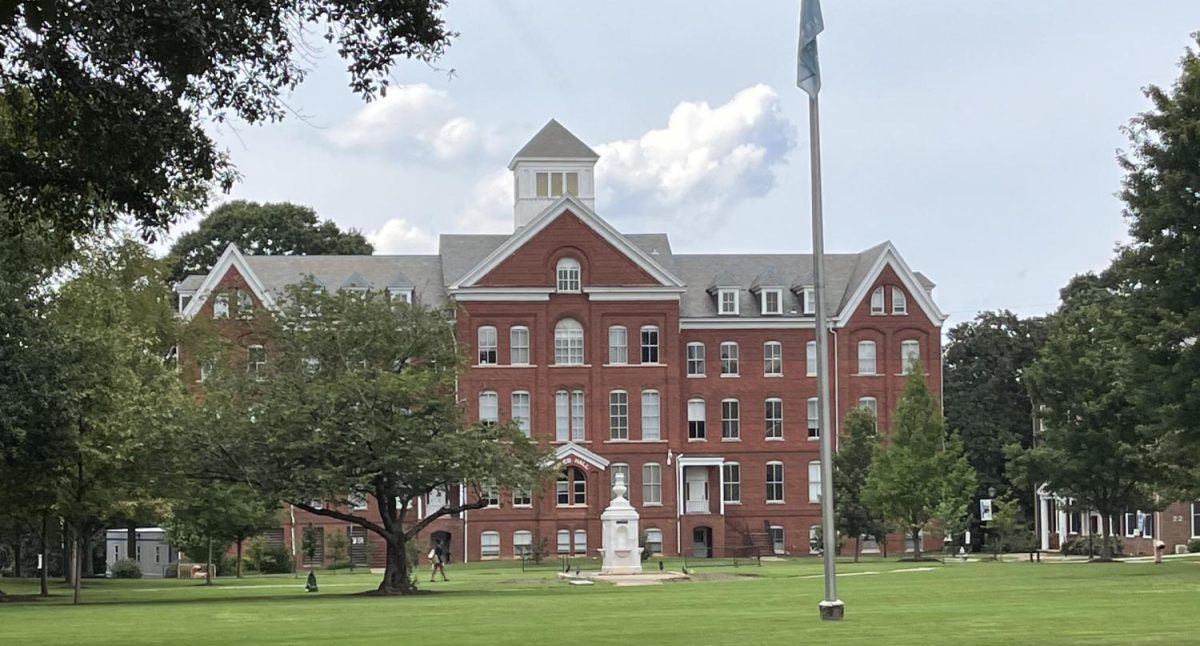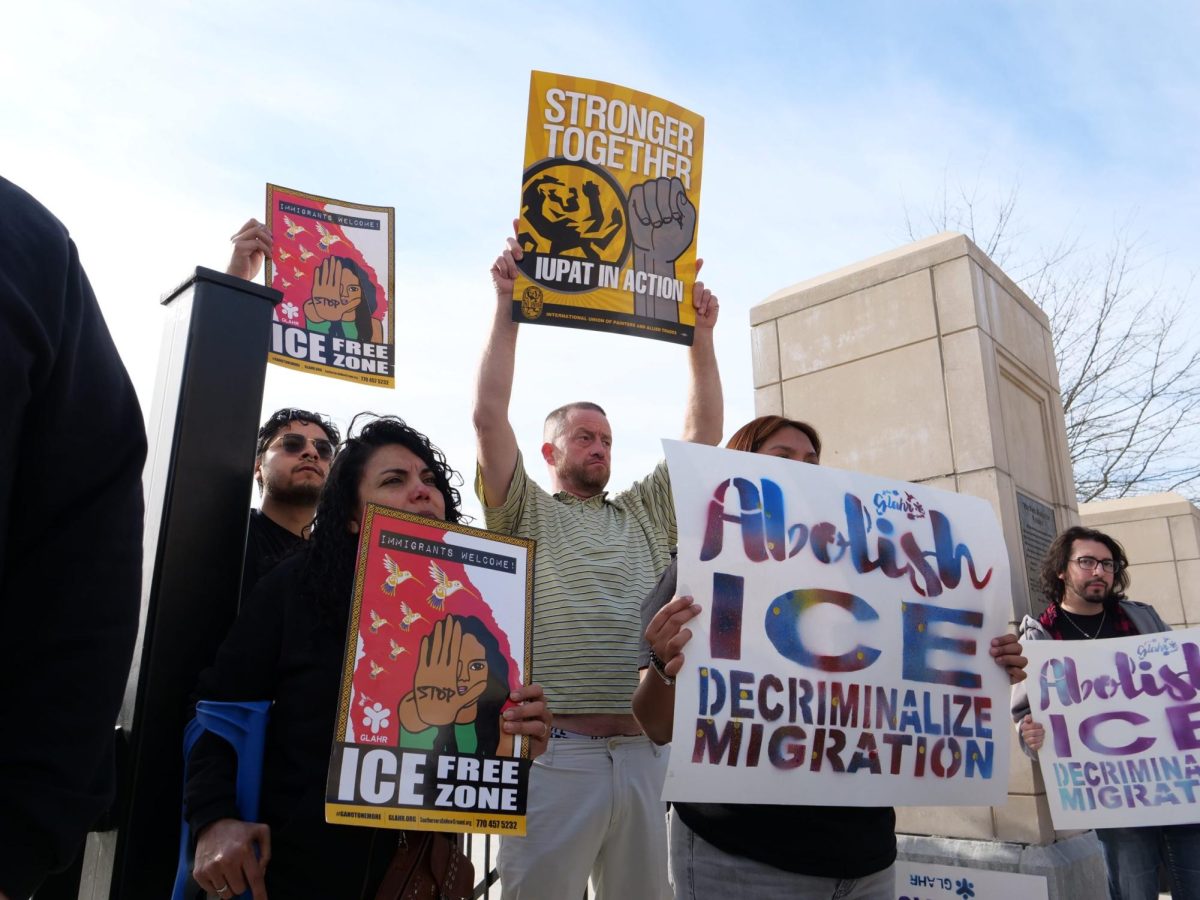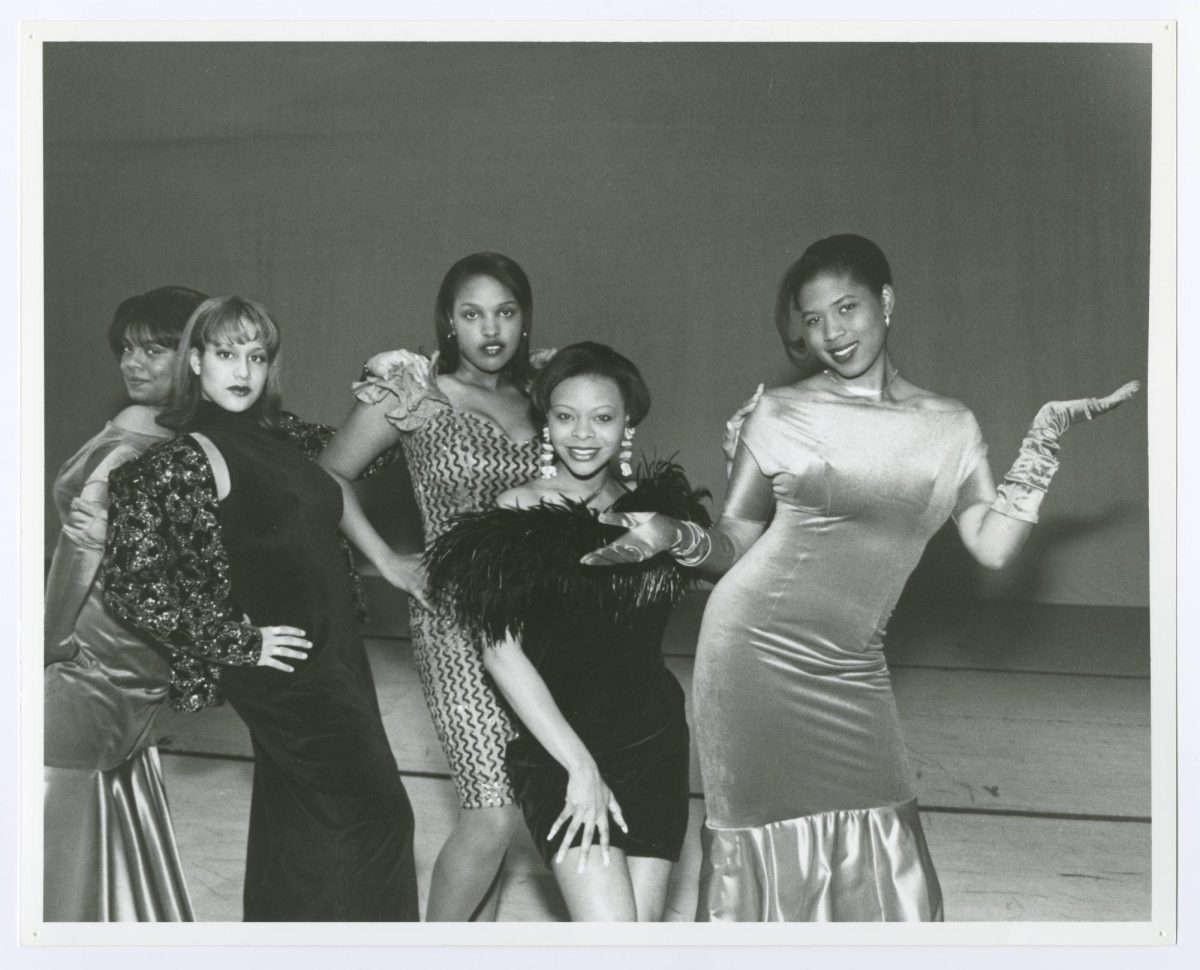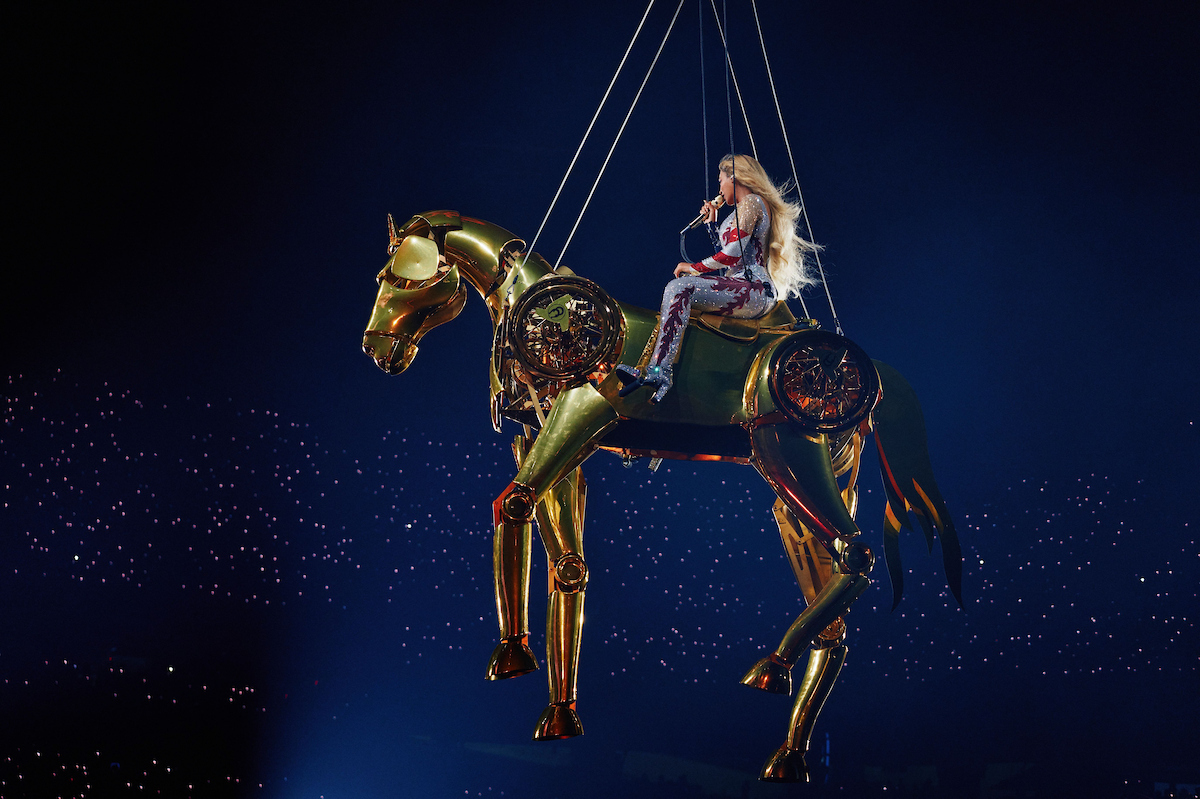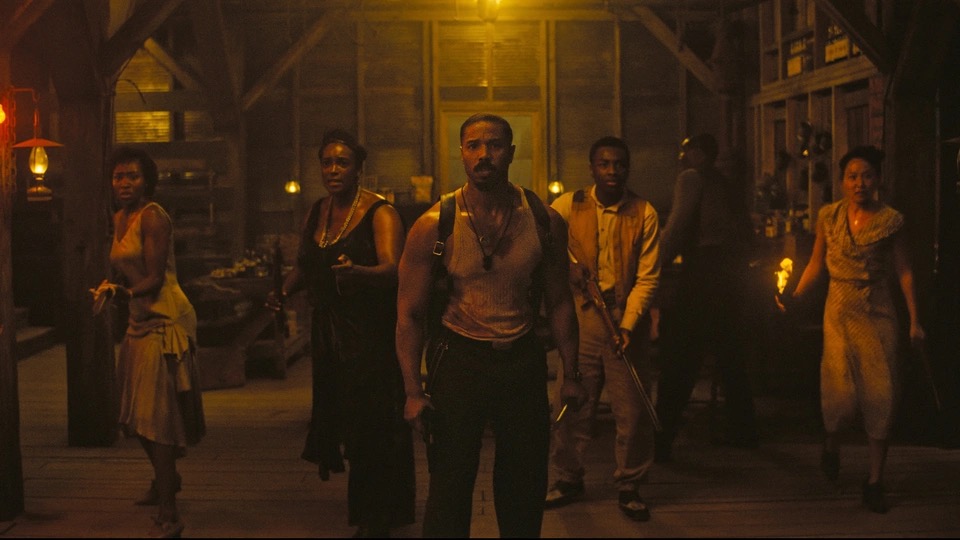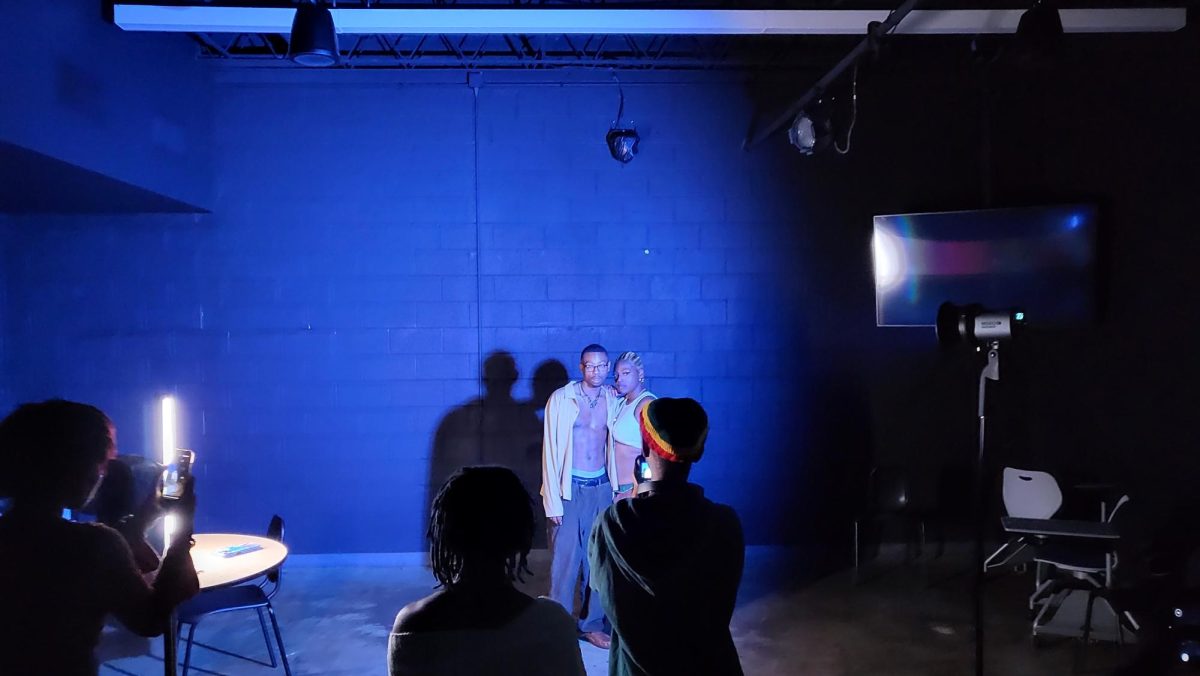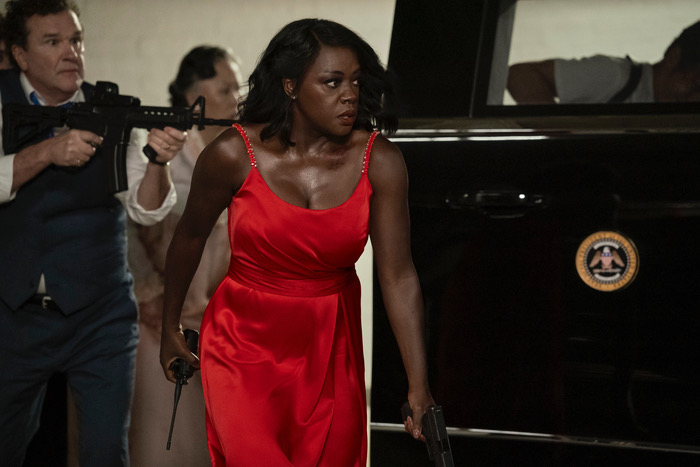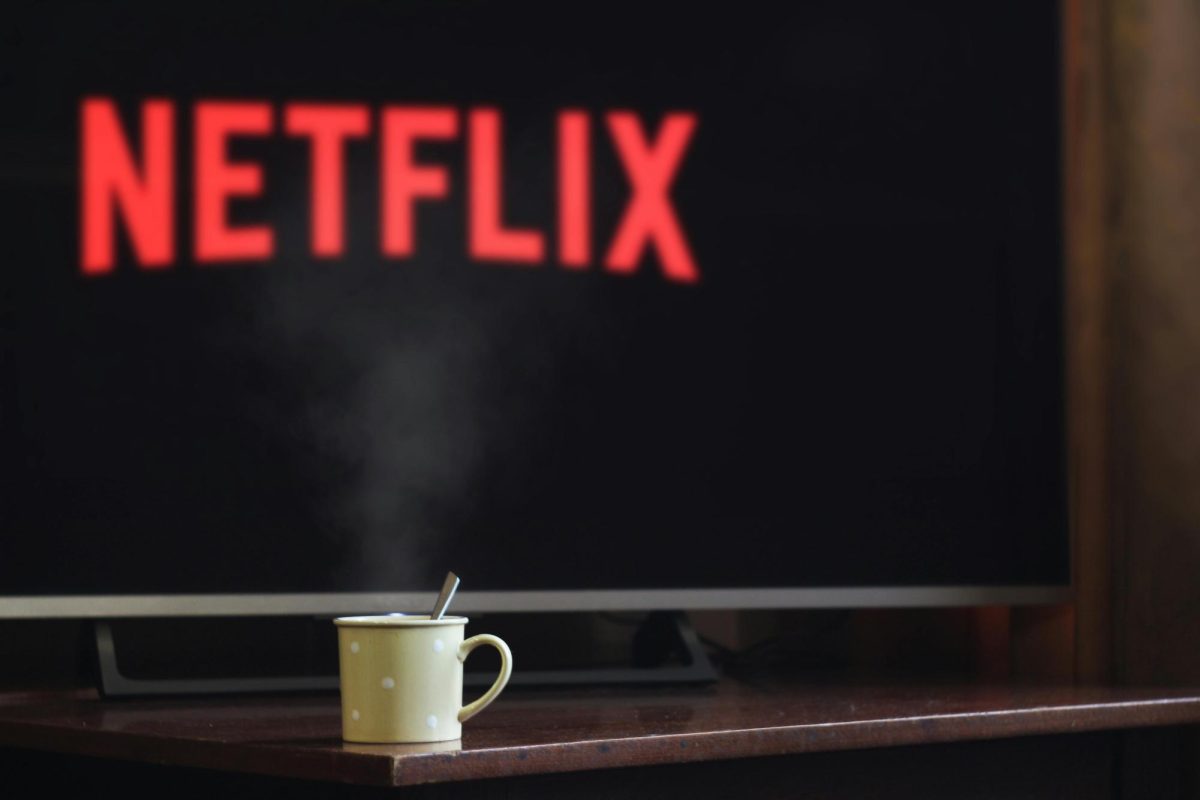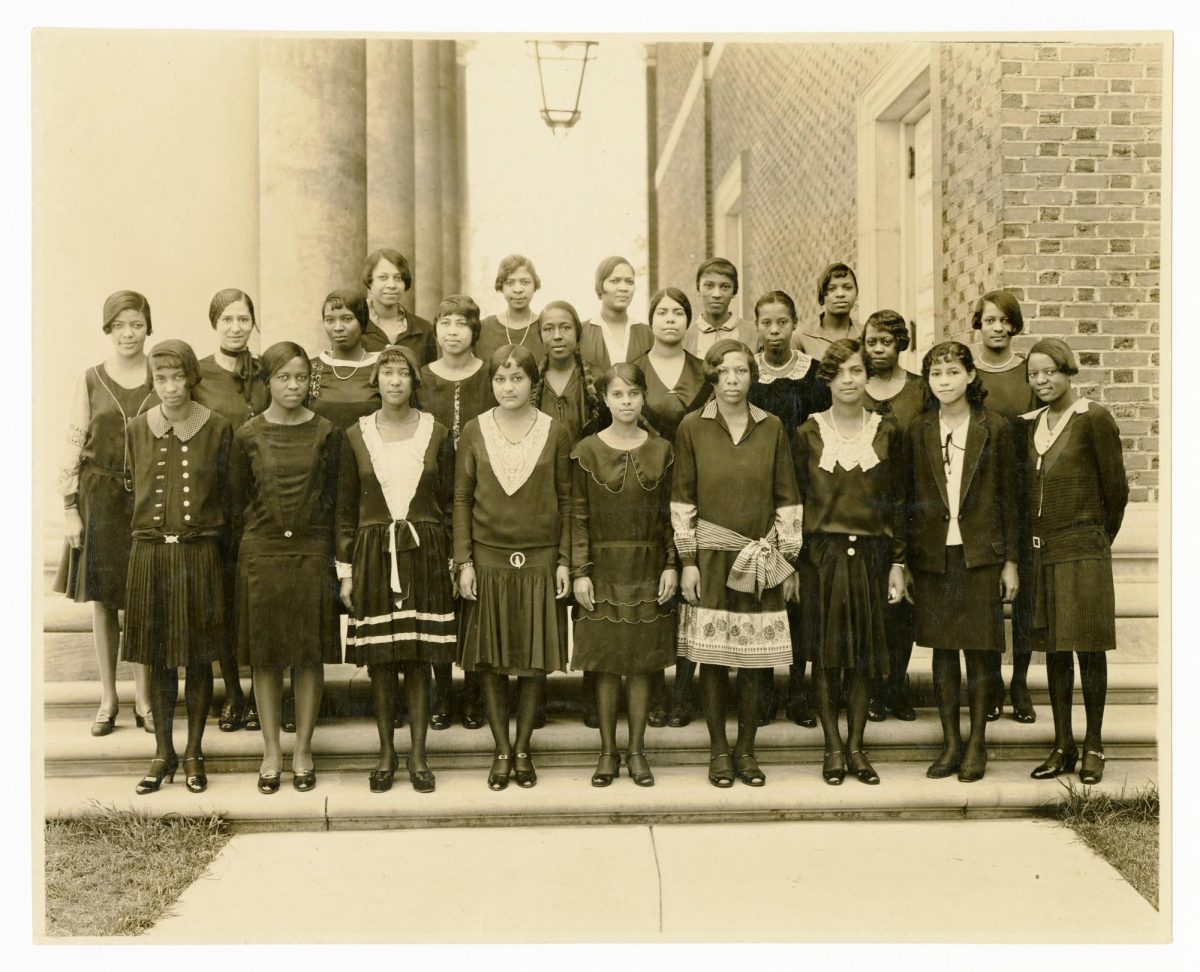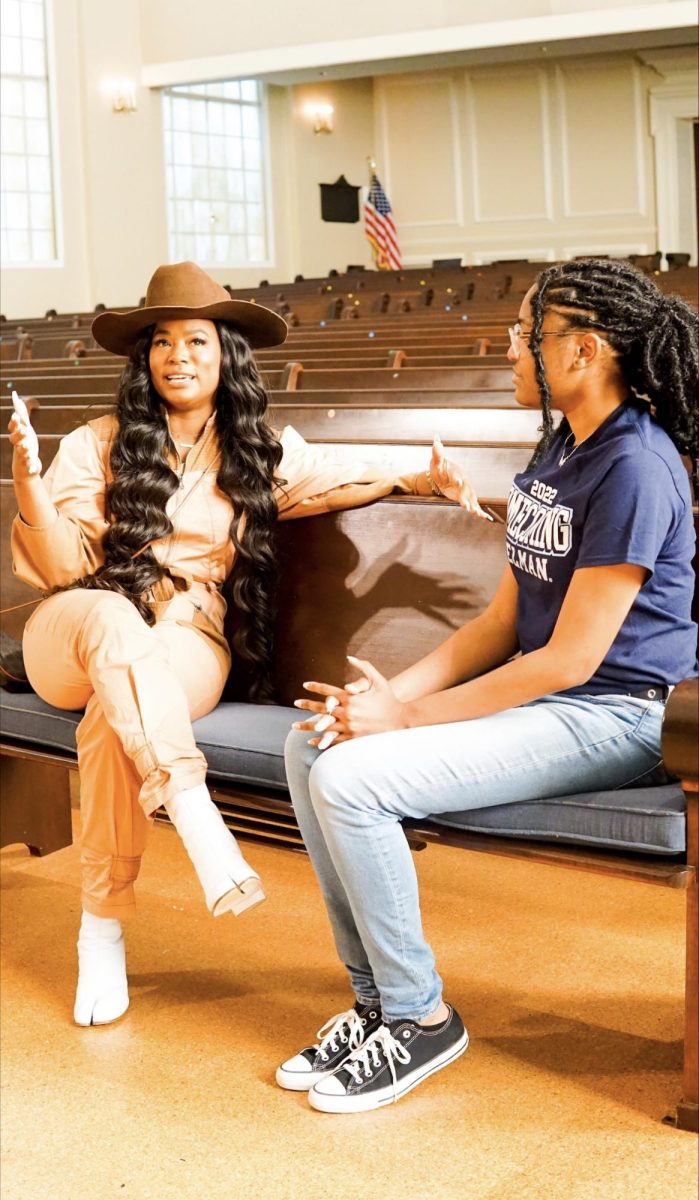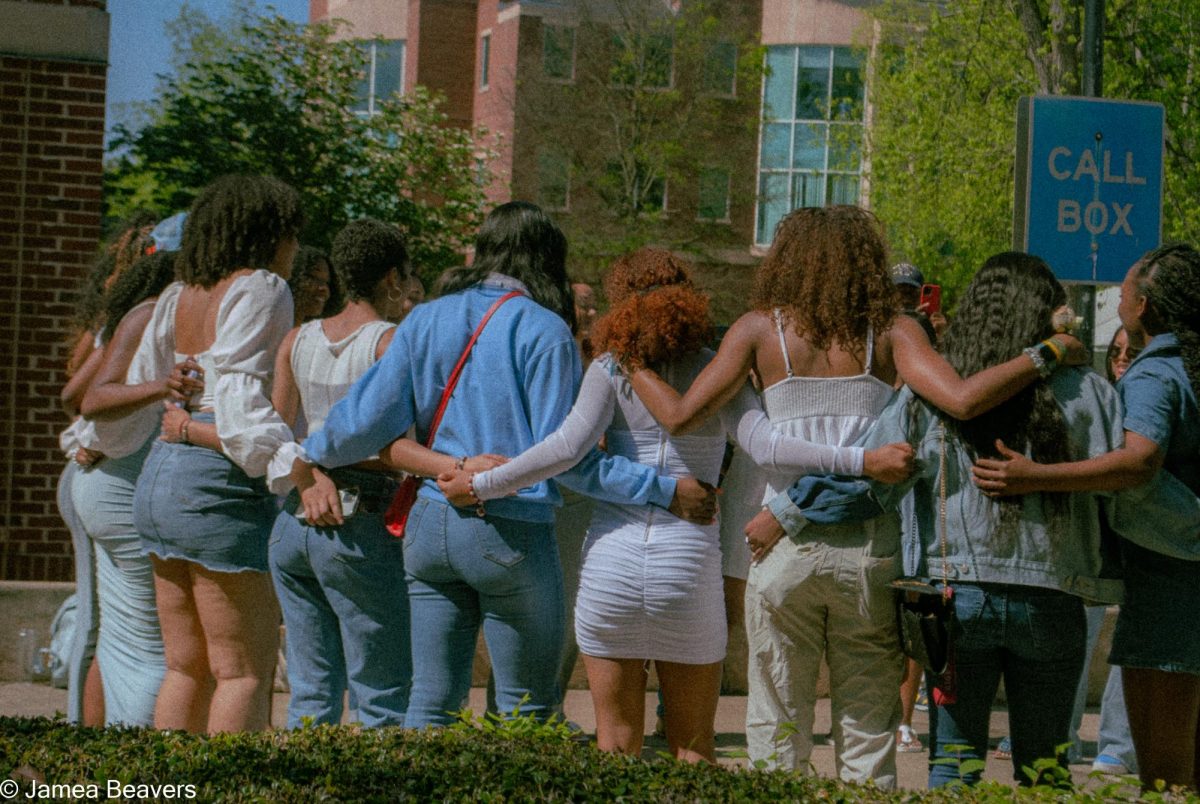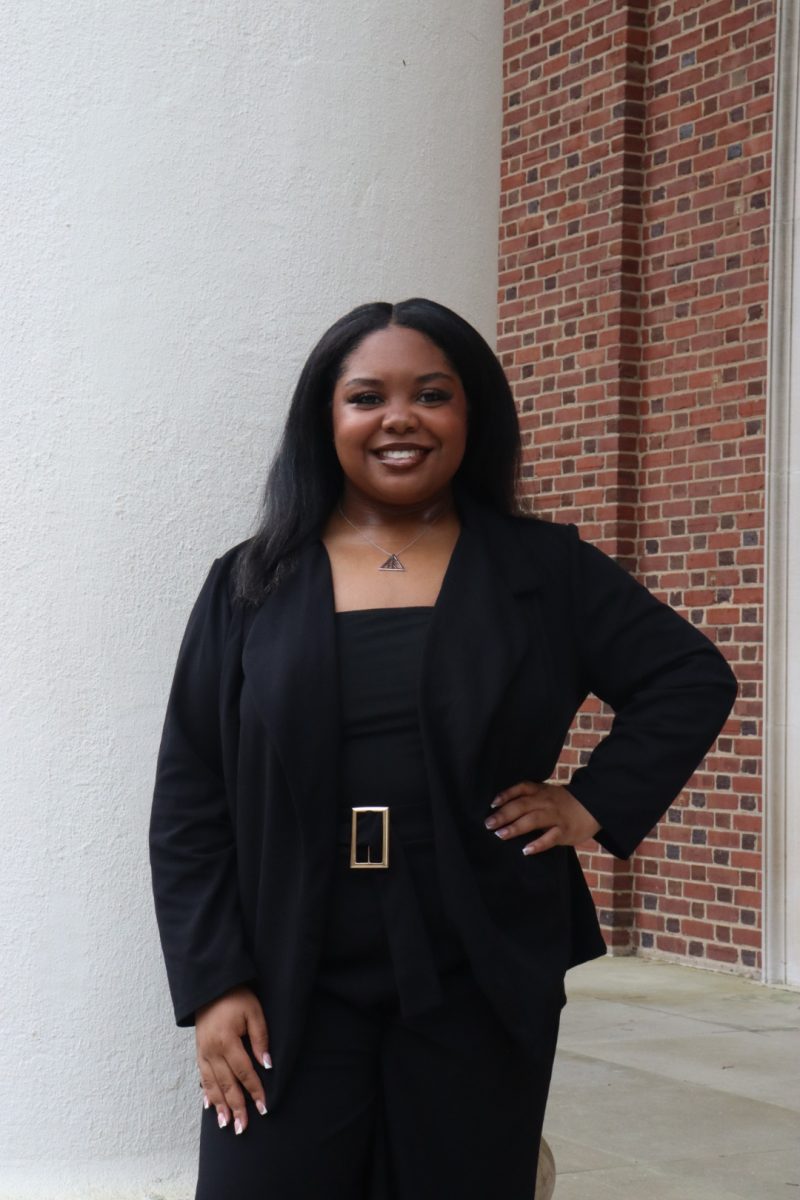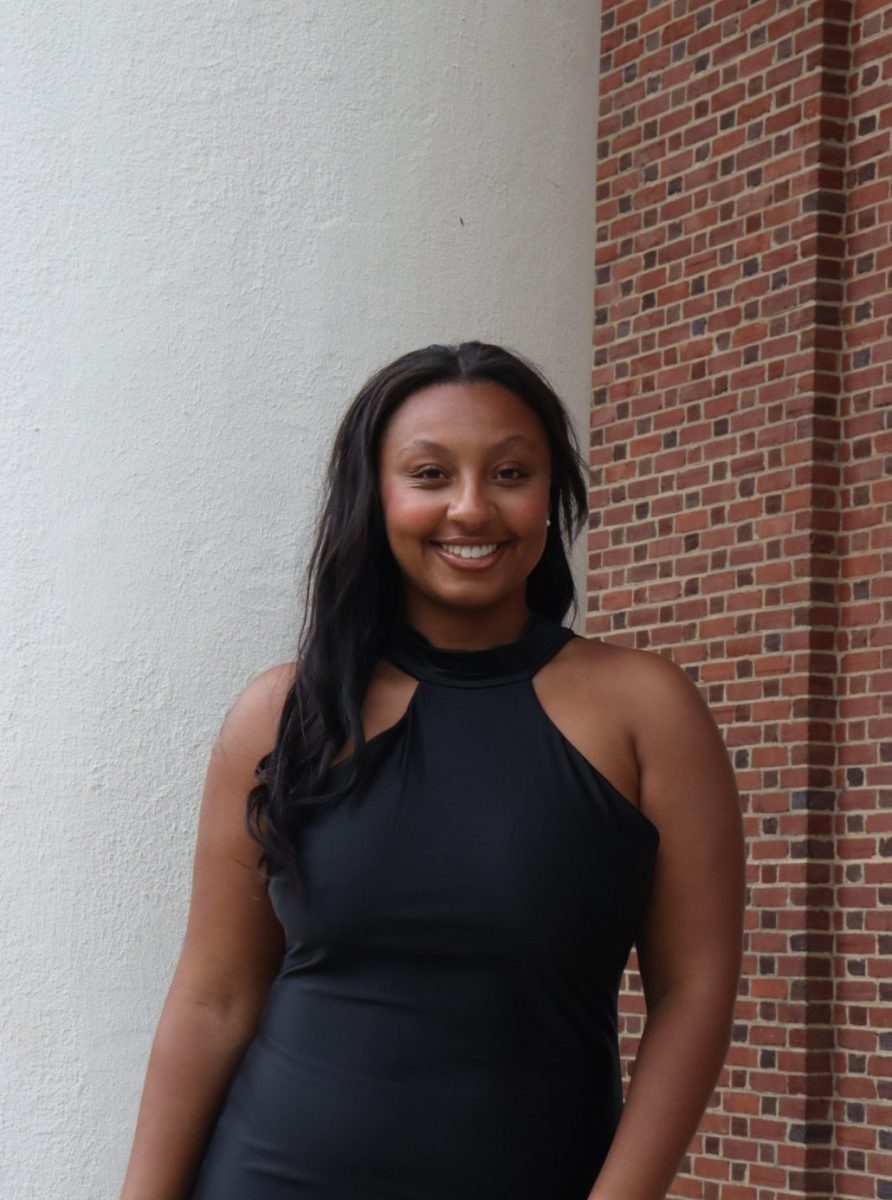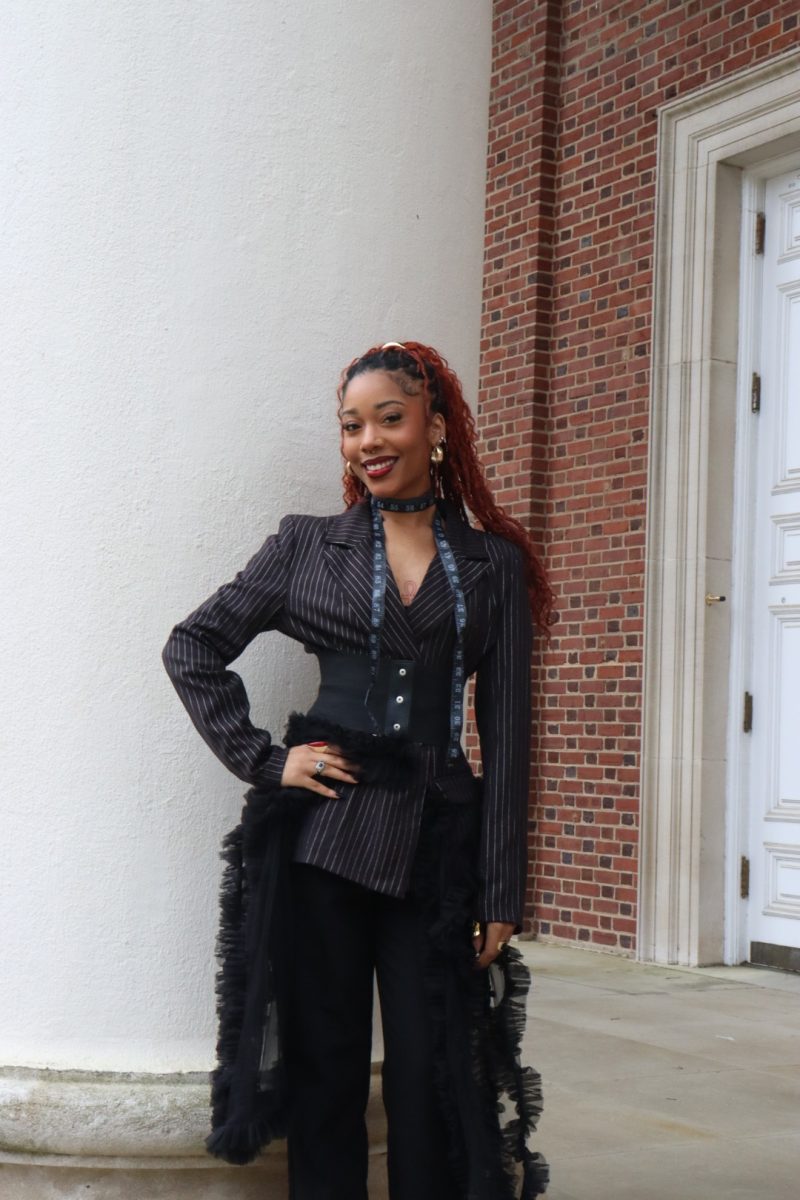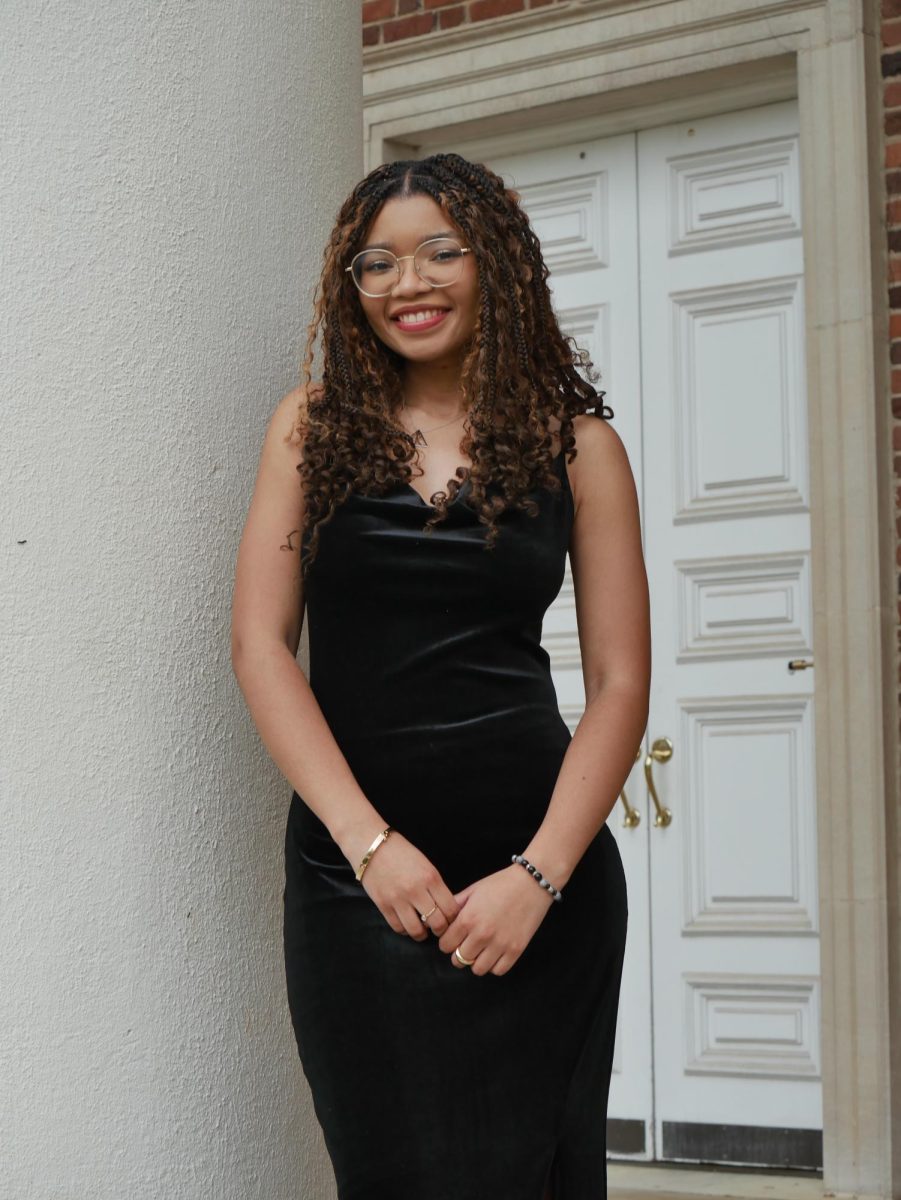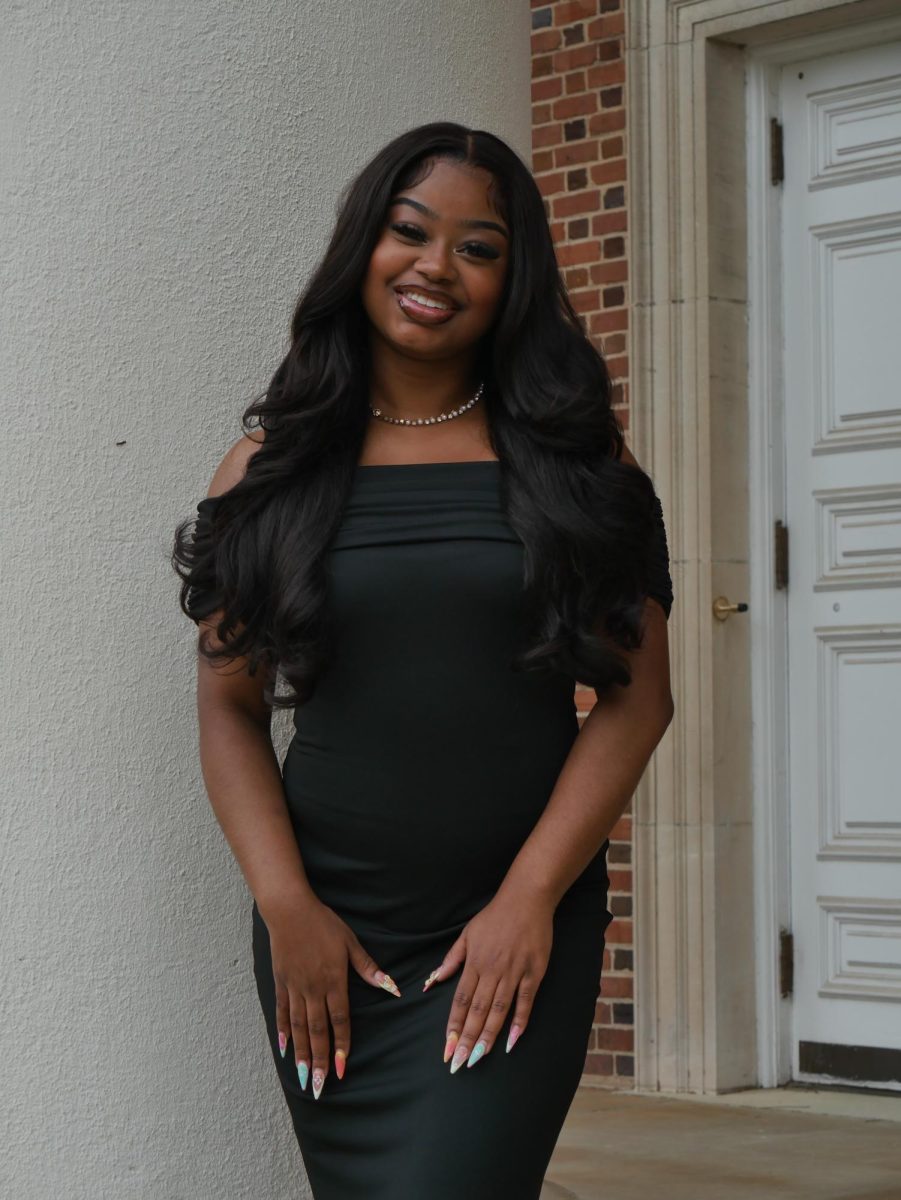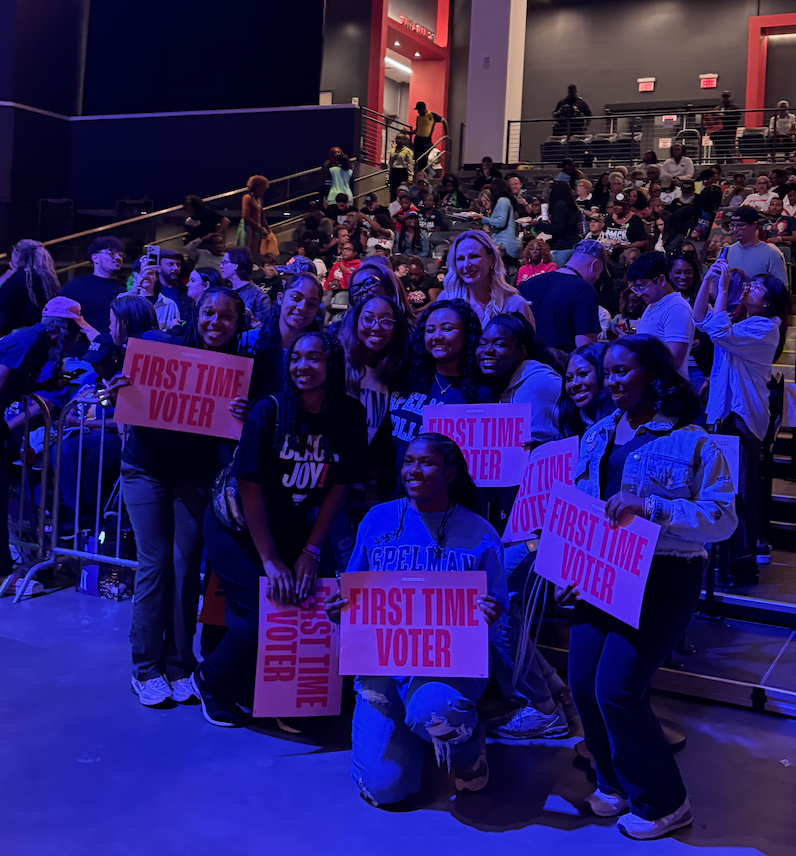“Our Blackness and our womanness are not in themselves trustworthy if we allow ourselves to be conscripted into positions of power that maintain the oppressive status quo.” These words were said by Dr. Ruha Benjamin — Spelman College class of 2001 and current professor of African American Studies at Princeton University — at our 2024 Founder’s Day convocation. This quote perfectly encapsulates my feelings about the possibility of Kamala Harris becoming president of the United States.
The atmosphere shifted when Joe Biden announced to the world that he was ending his campaign for President on July 21, 2024. Biden’s political and physical performance had been steadily declining, and even faithful Democrat voters were losing faith in his ability to win the election. With him out of the way, it was evident that a historical moment was possibly on the horizon with Kamala Harris as the new Democratic presidential nominee. I logged onto my social media timeline to a tremendous amount of excitement, which was unsurprising, seeing as most of the people I follow are fellow Spelmanites. Being at a historically Black women’s college, we are taught to value and aspire to positions of power and influence with the idea that being a Black woman in power is inherently a positive thing. Although I was glad that the Democratic Party made the correct move in disallowing Joe Biden to run, I was concerned by the lack of critical thought around Kamala’s politics.
As the adage goes, history tends to repeat itself, and the current political moment that we are in resembles the election period 16 years ago when Barack Obama was elected to be the first Black president of the United States. People were expecting a dynamic shift in how American society operated due to previously established racial roles being broken. If a Black man could make it to the highest office in the land, then racism had to be over. Right? A lot of people thought so, and I noticed people even started stating that we are now in a “post-racial society.” As always, things are not what they seem, and Barack Obama’s eight years in the White House did not have a significant tangible effect on the lives of Black people, especially those who are affected by the worst of anti-Blackness that this country has to offer. As Commander in Chief of the Armed Forces, he was responsible for 563 drone strikes in the countries of Somalia, Pakistan, and Yemen, which is almost ten times the amount of his predecessor, George W. Bush. Does a Black face soften the blow of your loved ones being killed and your home being destroyed?
When Trump was elected in 2016, it became apparent that the idea of a post-racial society was never legitimate, and things could get much worse. What made and still makes Trump so dangerous is how he enables people to be loud and proud about their prejudices and feel empowered to enact violence against marginalized communities. His arrogance and just general chaotic energy have shaken our political system to the core to the point that many people fear this being the end of American democracy as we know it. When Biden was elected in 2020, it wasn’t so much that people strongly believed in him or his capabilities as a leader. It was because there was a desperation to save whatever we had left. Now, we have found ourselves in the same place again: a savior has arrived in the person of Kamala Harris.
“Black faces in high places will not save us” was another critical quote Dr. Ruha Benjamin touched on in her viral Founder’s Day speech. As Black women, we have so much that we must contend with regarding the interlocking systems of oppression that work to subjugate us. Someone like Trump represents everything that we fear the most, and Kamala’s positionality to us as not just a Black woman but an HBCU grad and Divine Nine member feels like freedom. But this is why critical thinking and knowing history are vital. Regardless of who sits in that Oval Office, we can never expect anything liberatory for us to come out of it.
The position of the president is built to maintain the U.S. position as a world imperial power and as a constant foot on the neck of countries in the Global South from being able to achieve true freedom. Kamala has already proven how she will continue this mission by the constant reaffirmation of her support for Israel despite what is clearly a genocidal campaign to wipe out and completely occupy Palestinians and their land. In both her speech at the Democratic National Convention and during her debate with Donald Trump, she has reiterated how she will ensure that America continues to have “the strongest, most lethal fighting force in the world,” This should be incredibly concerning to us as people who say we care about the plight of marginalized communities. It is in our best interest as Black people in America to be in coalition with oppressed communities across the globe because America’s violent imperial ventures that seem so far away can and have been turned on us before.
As Black women, we have a plethora of radical Black feminist thinkers who have radically imagined what freedom can look like for us beyond the symbolic representation of an electoral position. People like those in the radical Black feminist lesbian groups like the Combahee River Collective saw that to achieve true liberation as Black women, “it would necessitate the destruction of all systems of oppression,” That includes imperialism, colonialism, and capitalism, which the President and the government, in general, have historically continued to hold up.
I am not asking you to vote or not vote for Kamala. What you decide to do on election day is your choice and yours alone. I only ask that you expand your consciousness beyond what you can see at surface value. Imperialism and genocide are not less severe just because a Black woman is the one enacting them. Don’t let this be the only time you think about politics. Electoral politics will never be the vehicle through which we receive liberation. Nobody is coming to save us; we must do it ourselves and do it in community together.
